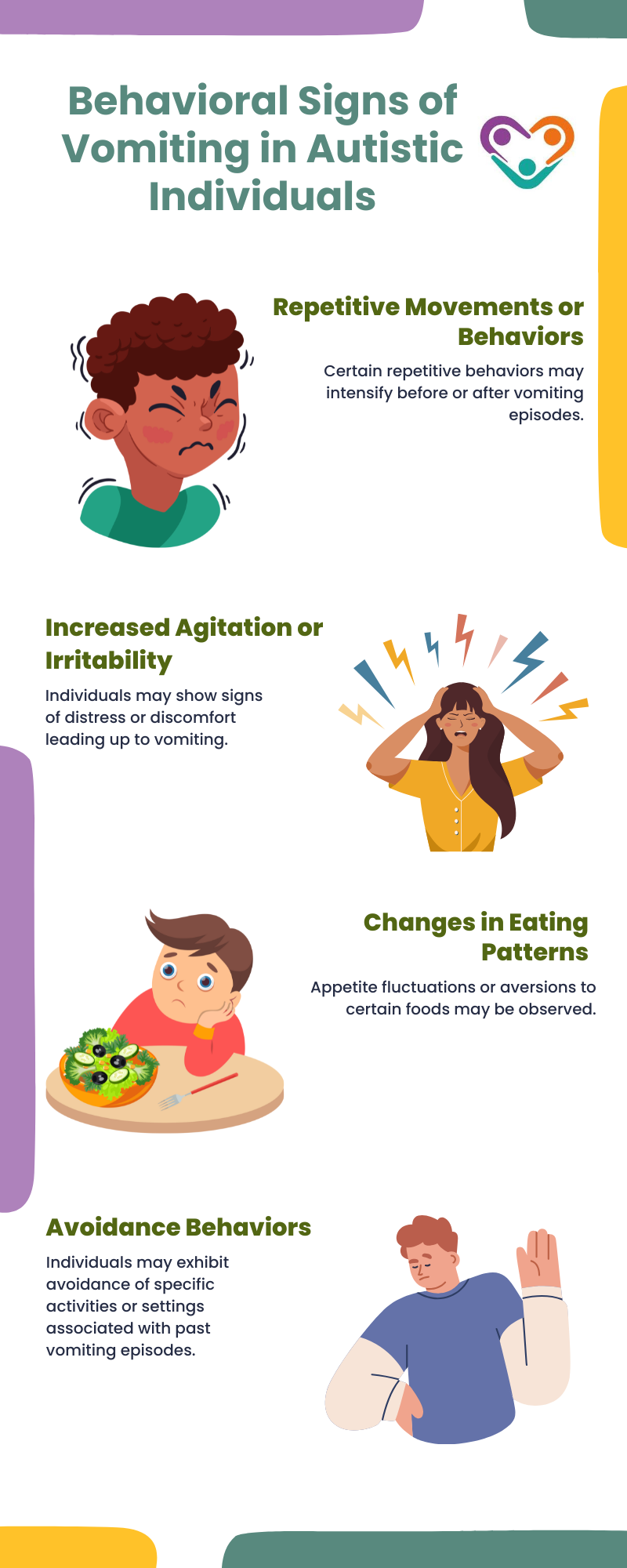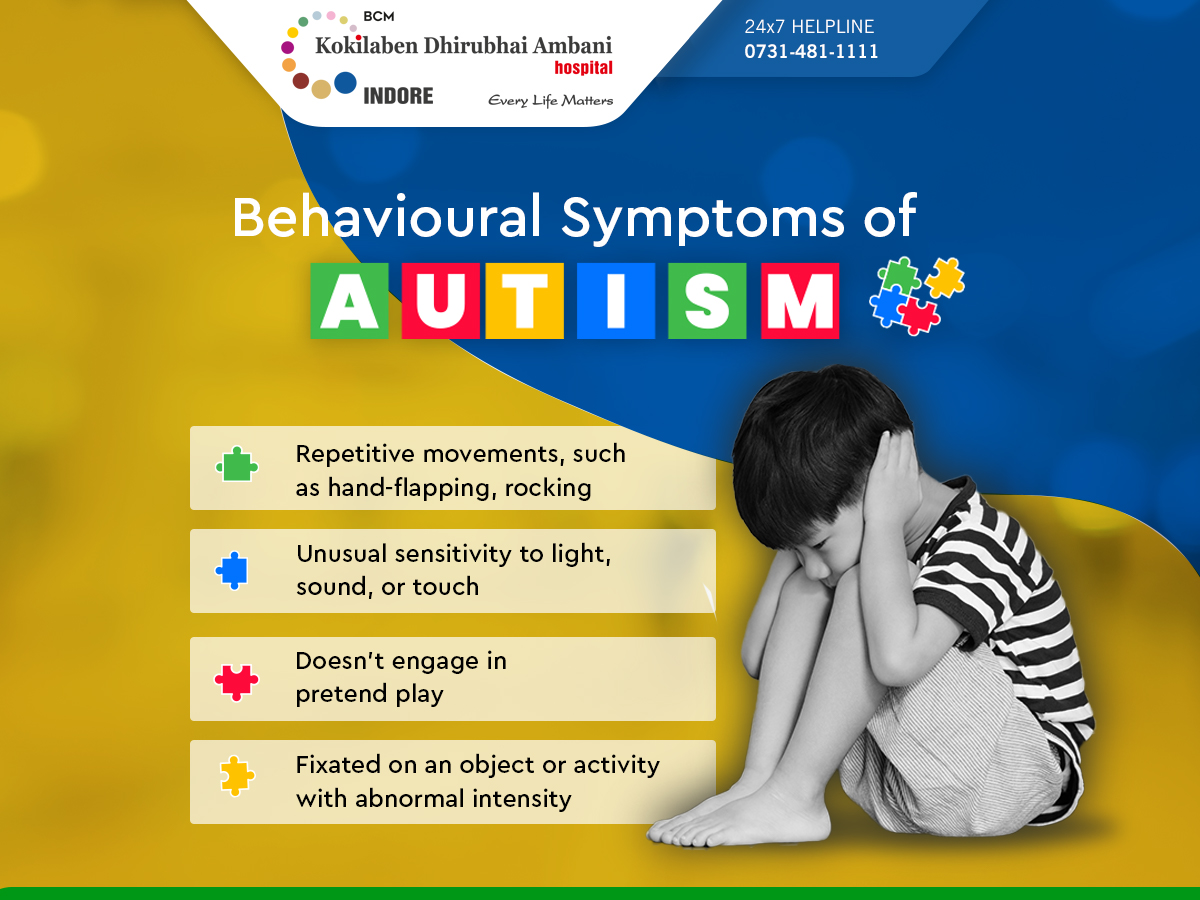How experts in Autism Spectrum Therapies address nonverbal communication barriers
How experts in Autism Spectrum Therapies address nonverbal communication barriers
Blog Article
Key Indications and Signs to Identify in Individuals With Behavior Autism
When you come across someone with behavior autism, identifying essential indications and signs is important. You may discover obstacles in social communications and interaction, along with a strong demand for routines. In addition, sensory level of sensitivities can lead to overwhelming experiences. Recognizing these attributes can boost your assistance and interventions, however there's more to uncover concerning how these habits materialize in everyday scenarios. Let's explore what these indicators really look like.
Obstacles in Social Communications
When you connect with a person on the autism spectrum, you could notice they struggle with social hints and interaction. These difficulties can make social communications feel frustrating for them.
When they do engage, they might speak regarding their passions in great information without discovering if you're interested. Recognizing these obstacles can help you approach communications with compassion and patience, promoting a more comfortable environment for both of you.
Trouble With Verbal and Non-Verbal Communication

Identifying these signs is necessary, as it helps you far better assistance and involve with individuals on the autism range. By recognizing their communication obstacles, you can foster extra purposeful links and give a much more helpful setting.
Repeated Habits and Regimens
Interaction difficulties often go along with various other signs of autism, such as repetitive habits and a solid choice for routines. You could see that people with autism commonly engage in specific, repetitive actions, like hand-flapping, shaking, or duplicating expressions. These behaviors can provide comfort and a feeling of control in a typically frustrating world.
When they adhere to an organized routine,Routines are just as crucial; several people grow. You may find that changes to these regimens can bring about considerable distress. For instance, if they have an everyday ritual of consuming morning meal at a particular time or adhering to a certain course to institution, any kind of interruption can create stress and anxiety.
Acknowledging these patterns helps you understand their habits and provide assistance. By accommodating their demand for regular and permitting repetitive activities, you can create an extra comfy atmosphere that reduces their obstacles.
Sensory Sensitivities

Typical Sensory Triggers
Sensory level of sensitivities can significantly impact daily life for individuals with autism, as certain stimulations frequently activate overwhelming responses. Usual sensory triggers consist of loud sounds, bright lights, and solid scents. Recognizing these triggers can aid you handle your environment better.
Behavioral Responses Clarified
Comprehending your behavior responses to sensory sensitivities is necessary, as they frequently disclose exactly how you communicate with the world. You could see that particular noises, lights, or structures bewilder you, bring about stress and anxiety or pain. When confronted with these stimuli, you could take out, cover your ears, or also respond strongly. These reactions aren't just quirks; they're your way of coping with overstimulation. You may likewise locate yourself seeking details sensory experiences, like deep pressure or peaceful environments, to aid ground yourself. Recognizing these patterns aids you comprehend your requirements better and can assist how you connect them to others. By acknowledging your sensory sensitivities, you can work in the direction of creating an atmosphere that really feels much more workable and comfortable for you.
Coping Techniques Summary
Acknowledging your sensory sensitivities is simply the first step; currently it's time to check out coping approaches that can help you handle those experiences efficiently. Start by creating a sensory toolkit tailored to your requirements. Developing an organized routine can likewise supply predictability, decreasing anxiety around sensory overload.
Restricted Interests and Focus
While many individuals create a vast array of rate of interests, those with autism commonly demonstrate limited interests and an extreme emphasis on specific topics. You could observe that a person with autism can invest hours diving into their preferred subject, whether it's a particular sort of train, a specific motion picture, or a clinical concept. This intense focus isn't simply a hobby; it can end up being a main part of their identification and social communications.
You might locate that discussions rotate around these rate of interests, and they might have a hard time to engage in wider subjects. By recognizing and recognizing these restricted passions, you can cultivate a helpful atmosphere where they feel valued and recognized, enabling for more purposeful links and interactions.
Psychological Guideline Difficulties
Individuals with autism usually encounter difficulties in psychological guideline, which can be affected by their extreme emphasis on details rate of interests. You might discover that when an individual is deeply taken part in a favored task, they can experience strong feelings, whether exhilaration or disappointment. This intensity sometimes makes it tough for them to shift gears or handle their sensations when points do not go as prepared.

Variability in Developing Milestones
When it comes to developing turning points, you'll notice that people with autism commonly show a vast array of irregularity. Some might hit turning points in a timely manner, while others might drag or progress at a various speed. For example, you could see a kid master language skills but have problem with social communications. This disparity can be complex, as standard standards do not always use.
It's vital to identify that each person's journey is distinct. Observing these patterns can aid you recognize their staminas and needs better.
Often Asked Questions
Just How Is Autism Detected in Children and Grownups?
To identify autism in adults and kids, experts assess behavior, interaction abilities, and social interactions. If a specific fulfills the criteria for autism range problem., they typically make use of standardized examinations, meetings, and monitorings to identify.
Are There Various Kinds Of Autism Spectrum Disorders?
Yes, there are different kinds of autism range disorders, consisting of Asperger's disorder and prevalent developmental disorder-not or else specified. Each type varies in extent and qualities, so recognizing these distinctions can help you far better assistance people with autism.
What Treatments Work for Individuals With Autism?
When considering efficient therapies for people with autism, you'll discover choices like Applied Behavior Evaluation, speech treatment, and job-related therapy. Each technique can assist boost communication, social skills, and everyday operating tailored to here individual needs.
Can Individuals With Autism Lead Independent Lives?
Yes, individuals with autism can lead independent lives. With the right support, skills training, and resources, you can assist them establish self-sufficiency, take care of day-to-day tasks, and prosper in numerous environments, cultivating their self-reliance.
Just How Can Households Assistance Enjoyed Ones With Autism?
You can sustain your enjoyed ones with autism by creating a structured atmosphere, motivating their interests, exercising perseverance, cultivating communication, and promoting social abilities. Commemorate their accomplishments, despite just how small, and build a supportive area.
Although many people on the autism range can use and comprehend language, they commonly deal with considerable obstacles with both non-verbal and spoken communication. Recognizing these signs is important, as it assists you far better support and involve with people on the autism spectrum. You may observe that individuals with autism often engage in details, repetitive activities, like hand-flapping, rocking, or duplicating phrases.Sensory sensitivities can substantially affect daily life for individuals with autism, as particular stimulations often set off frustrating responses.When it comes to developing landmarks, you'll see that individuals with autism usually reveal a wide range of variability.
Report this page